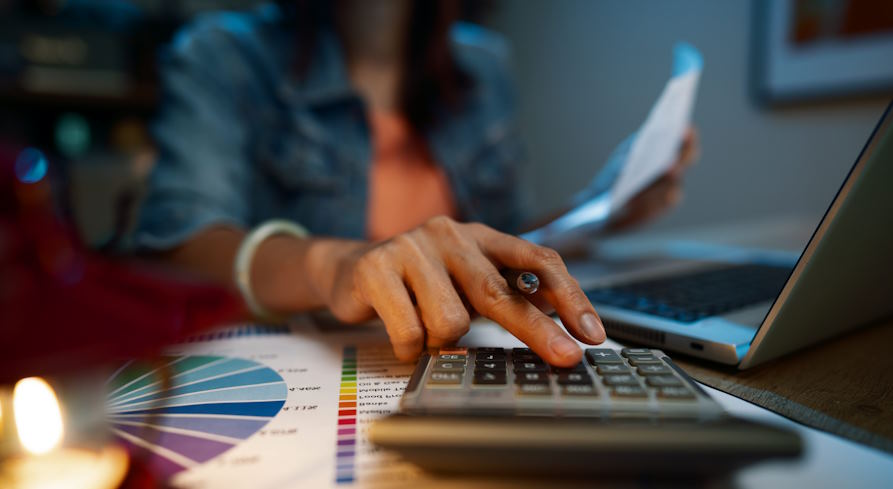
The Role of Self-Reflection in Personal Development
The concept of self-reflection, rooted in ancient philosophical traditions and modern psychological theories, has transcended cultural and temporal boundaries to emerge as a timeless practice essential for human flourishing. Beyond a mere examination of the self, self-reflection serves as a dynamic force that propels individuals toward their goals, sharpens decision-making skills, and nurtures emotional intelligence.
The Connection Between Self-Reflection and Personal Development
 Increased self-awareness is one of the key outcomes of engaging in regular self-reflection. By taking the time to recognize our strengths and weaknesses, we empower ourselves to make informed decisions and pursue personal development goals. Setting and achieving goals is another vital aspect that is closely tied to self-reflection. Through this process, individuals clarify their aspirations and create actionable plans for improvement, turning abstract dreams into tangible realities. Moreover, the practice of self-reflection contributes to the enhancement of emotional intelligence, fostering empathy, and improving interpersonal relationships.
Increased self-awareness is one of the key outcomes of engaging in regular self-reflection. By taking the time to recognize our strengths and weaknesses, we empower ourselves to make informed decisions and pursue personal development goals. Setting and achieving goals is another vital aspect that is closely tied to self-reflection. Through this process, individuals clarify their aspirations and create actionable plans for improvement, turning abstract dreams into tangible realities. Moreover, the practice of self-reflection contributes to the enhancement of emotional intelligence, fostering empathy, and improving interpersonal relationships.
Benefits of Regular Self-Reflection
Regular self-reflection yields numerous benefits that extend to various facets of life. Improved decision-making is a direct outcome, as individuals learn from past experiences and apply those lessons to make more informed choices. Stress reduction and mental well-being are also closely linked to self-reflection. By managing stress through increased self-awareness and cultivating a positive mindset, individuals create a foundation for resilience and overall mental wellness. The adaptability and resilience built through self-reflection empower individuals to embrace change and learn from setbacks, turning challenges into opportunities for growth.
Practical Strategies for Effective Self-Reflection
 To incorporate self-reflection into one’s life effectively, it is crucial to establish a regular routine. Creating dedicated time for introspection allows individuals to reap the full benefits of this practice. Utilizing tools and techniques such as journal prompts, meditation, and seeking feedback from others can enhance the depth and effectiveness of self-reflection. However, challenges may arise in maintaining consistency. Overcoming these challenges involves a commitment to the process and an understanding of the long-term benefits that regular self-reflection can bring.
To incorporate self-reflection into one’s life effectively, it is crucial to establish a regular routine. Creating dedicated time for introspection allows individuals to reap the full benefits of this practice. Utilizing tools and techniques such as journal prompts, meditation, and seeking feedback from others can enhance the depth and effectiveness of self-reflection. However, challenges may arise in maintaining consistency. Overcoming these challenges involves a commitment to the process and an understanding of the long-term benefits that regular self-reflection can bring.
Real-life Examples of Personal Development Through Self-Reflection
To illustrate the transformative power of self-reflection, consider success stories of individuals who attribute their personal growth to this introspective practice. By sharing lessons learned from setbacks and failures, these narratives highlight the resilience and adaptability cultivated through self-reflection. These real-life examples serve as tangible evidence of the positive impact that deliberate introspection can have on personal development.
Criticisms and Limitations of Self-Reflection
While the benefits of self-reflection are evident, it is essential to acknowledge and address potential criticisms and limitations. Biases in self-perception can pose challenges, and maintaining consistency in the reflective process may be difficult. Balancing self-reflection with action is also crucial, as introspection should not become an end in itself but rather a means to drive positive change.







